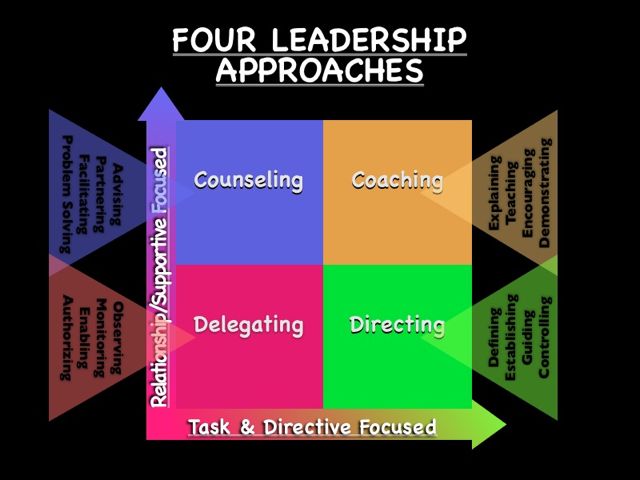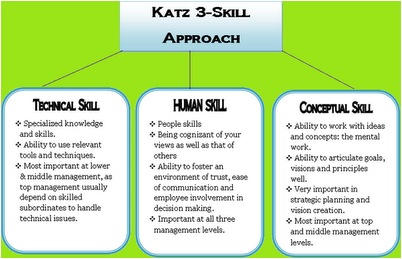The leader-member exchange (LMX) focuses on the interactions and the relationship between the leader and the followers. The focus is on two types of relationships: the in-groups and the out-groups. These two groups represent a link that the leader has with each of their followers (Redmond, 2013).
The LMX theory reminds me of the phrase, “it’s not what you know, but who you know.” I believe that favoritism and special treatment of people exists in some workplaces as some get passed over even if they are qualified for a particular role. I also believe, however, that as it somehow correlates to gaining influence and access into the “in-group”; being sociable is a necessity as everyone likes people who are inclusive, pitch in, work hard, and fun to work with.
I will use my experience from my first few jobs in retail. When I started, I was one of the “out-group” members as the only people that knew me were: the hiring manager, woman in my orientation training, and a man on my shift. At first, as part of the out-group, my fellow new hires and I were usually stuck with the jobs no one else wanted to do (e.g. filing, data entry, answering phones). We also did not have the opportunity to work overtime or on day shifts. We kept our heads down, however, and did what was on our job description. In addition, as the low people on the totem pole, we were left out of teaming/fun conversations and not invited to after work events.
The in-group of people all went out to lunch together, shared weekend stories, leveraged one another to be successful, and the like. They seemed to know the right buttons to push on the right people. This group of people appeared to be high achievers, bright, funny and well rounded.
While I did not particularly enjoy my job, I worked hard and tried to break communication and other barriers with my coworkers in the in-group. I did not concern myself with the progress of others in my out-group because I desperately wanted to be comfortable at work but get out of my entry level status.
It was not long before my hard work got the manager’s attention. After a few months, I was able to work overtime, and change to a more suitable shift. I made inroads with the “in-group” and found myself being included in lunch outings and the like. But more than that, I was building new relationships and able to sustain them as well. I believe that the in-group realized I had knowledge to shared but I also realized that they had insight that I could leverage to help me work smarter versus harder; we began to see each others value and learned to work more collaboratively and effectively.
While this was happening, however, the members of my former “out-group” became even more disgruntled. They were not happy with the shift in the way management and the in-group were responding to me. I perceived it as me being rewarded for going the extra mile and showing my worth but, the others (out-group) did not agree and thought that I abandoned them and they therefore became even more complacent. I didn’t realize what it all meant back then but after reading about LMX, I was able to relate this example.
The lesson commentary says, “People who are willing to do more than is required of them also became part of the in-group, while employees who only do exactly what their job description says they need to do become part of the out-group” (Redmond, 2013). While I did not start out as a member of the in-group, I showed that I was knowledgeable, efficient, collaborative, and a valuable team member. Sometimes, you have to “play the game” if you have your sites on something and feel strongly about getting it.
In my experience from the animosity felt from my peers in the out-group, I saw first hand that “The perceived inequalities created by the use of in-groups can have a devastating impact on the feelings, attitudes, and behavior of out-group members,” (Northouse 2013). In my mind, I worked really hard to get noticed and move up the ranks, but the out-group looked at it in a negative way.
In my opinion, there will always be bias because people tend to favor those they like even if they are not the best for the job, I do believe it is possible, however, to become a member of an in-group if one can prove their value. If a person performs at the minimum level and doesn’t aggressively strive for more, they will be overlooked.

Nothouse, P.G. (2013). Leadership: Theory and Practice. (Sixth Edition). Thousand Oaks, California: Sage Publications.
Penn State World Campus (2013). PSYCH 485 Lesson 8: Leader Member Exchange Theory. Retrieved on October 16, 2013 from https://courses.worldcampus.psu.edu/fa13/psych485/001/content/08_lesson/01_page.html.


 In my current role, I am a manager who has worked my way up the ranks. I have been with my Firm for over nineteen years but, I started with an entry level position – with vary few genetic leadership traits. There is not much, if any, aspect of my current department, database, processes, team or leadership vision and strategy that I do not know. As the times change, however, so do expectations and technology – annual training, feedback and development goals come in to play when this happens. Many of my technical and human skills were learned on the job since I was hired as a trainee almost two decades ago – I don’t consider myself a “natural born leader” in this respect. I would have to assess my leadership as being deeply rooted in the professional situations and knowledge that I have acquired over the years.
In my current role, I am a manager who has worked my way up the ranks. I have been with my Firm for over nineteen years but, I started with an entry level position – with vary few genetic leadership traits. There is not much, if any, aspect of my current department, database, processes, team or leadership vision and strategy that I do not know. As the times change, however, so do expectations and technology – annual training, feedback and development goals come in to play when this happens. Many of my technical and human skills were learned on the job since I was hired as a trainee almost two decades ago – I don’t consider myself a “natural born leader” in this respect. I would have to assess my leadership as being deeply rooted in the professional situations and knowledge that I have acquired over the years.


